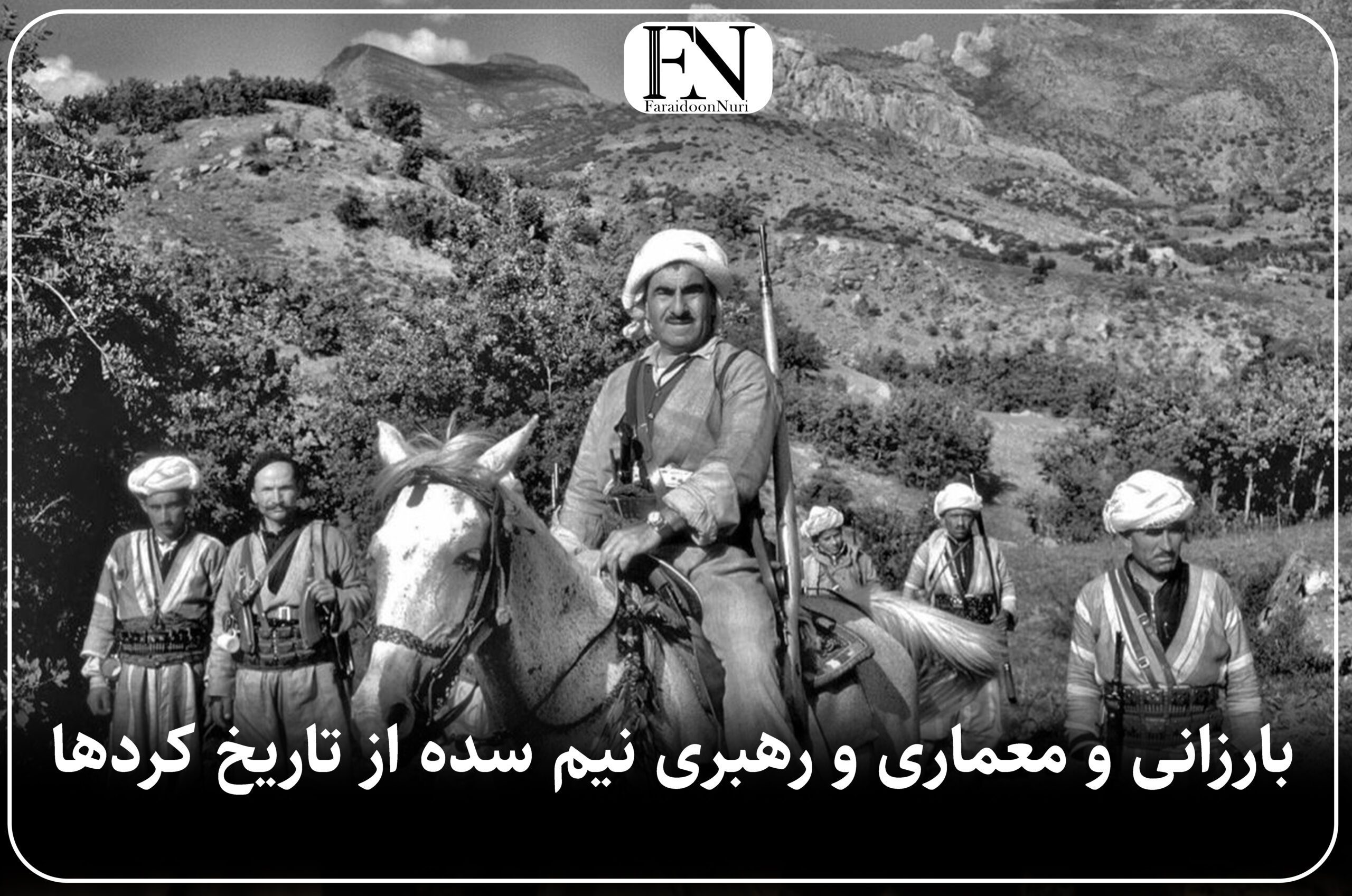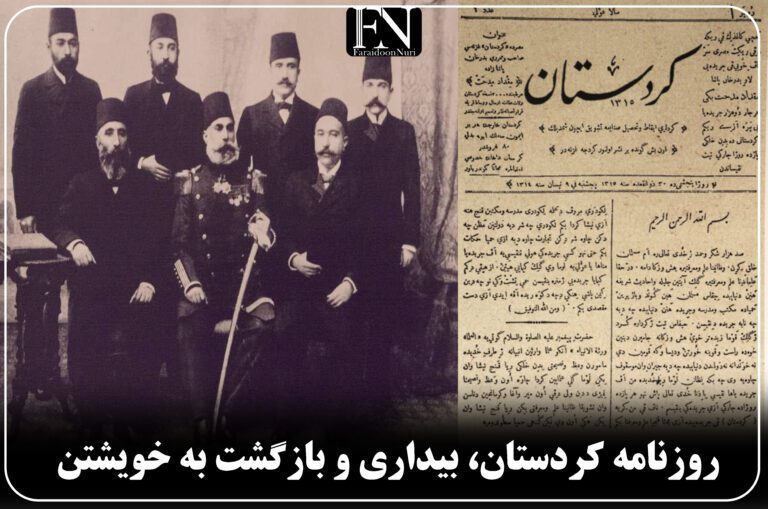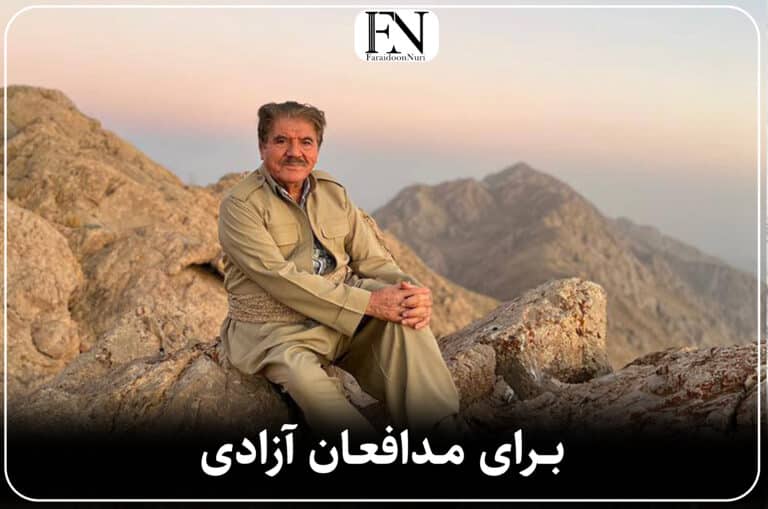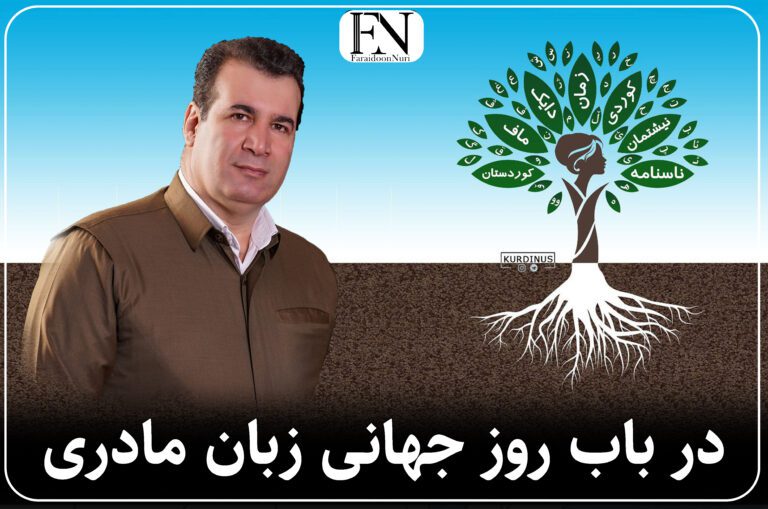Forty-five years have passed since the death of one of the most famous political figures in Kurdish history, whose name and memory are deeply intertwined with the struggles of the past century. General Mustafa Barzani, a charismatic partisan commander and leader, played a unique and pivotal role in the political transformations and partisan struggles of the Kurds in the last century. His legacy, along with the impacts of his predecessors and successors, has made his name a key term in the political and military struggles of the Kurds in Iraq. He passed away in exile on March 1, forty-five years ago.
**Barzani’s Influence**
Mullah Mustafa Barzani deeply influenced the fate of the Kurds, elevating their issues beyond the geographical confines of Iraq and regional countries. He attracted the attention of the 20th century’s major powers to the Kurdish issue. His effective and unparalleled presence in partisan battles from the third decade of the last century until he ordered the cessation of armed resistance, enduring years of exile under harsh conditions, and never succumbing to the demands of the communist bloc led by Stalin, are notable aspects of his legacy. Barzani achieved significant milestones for Kurdish rights in Iraq through the March 11, 1970 agreement. His leadership in numerous historical events earned him global recognition, making any narrative of modern Kurdish history incomplete without a serious examination of his role and impact on the Kurds’ political destiny.
**Family and Historical Context**
Barzani’s family initially entered politics through their dedication to the Naqshbandi order, promoting peaceful and mystical teachings. Sheikh Ubaydullah Nahri (Shamsini), a significant figure in this order, was the first to seriously utilize his spiritual and moral influence to create a political and national movement in Kurdistan. He controlled vast Kurdish areas under Ottoman and Iranian rule. However, his uprising was crushed, and he was exiled, marking the first major failure of a Kurdish identity movement rooted in spirituality.
**Barzani’s Military and Political Achievements**
Despite his family’s prestigious background and his ancestors’ influential positions, Mustafa Barzani’s fame was due to his bravery, capabilities, and military successes. He played a crucial role in establishing the Barzanis’ prominence from a young age, overcoming rival tribes, engaging in numerous battles against Iraqi government forces, experiencing forced residence in Sulaymaniyah, and interacting with intellectuals and political activists. His historic escape from exile and return via Iranian Kurdish regions, along with his confrontations with the British-supported Iraqi government, forced him into Iranian Kurdistan. His contributions during World War II and his support for the Mahabad Republic led by Qazi Muhammad further enhanced his reputation and shaped his worldview, preparing him for a unique leadership role as he entered his fifth decade.
**Later Years and Legacy**
Barzani’s retreat to the Soviet Union with about 500 supporters, while pursued by regional governments, is one of the most remarkable chapters of his leadership, bringing Kurdish voices to international attention. Despite enduring over a decade of exile, his name inspired all Kurdish activists and fighters, demonstrating his enduring influence.
Even during his exile, Barzani never abandoned the struggle for Kurdish freedom, as witnessed by Maryam Firouz and others. The overthrow of Iraq’s monarchy on July 14, 1958, allowed his honorable return to Iraq. The period between 1958 and 1961, known as the honeymoon between the Kurdish movement and Qasim’s government, was the peak of Barzani’s relationship with Qasim. However, this period was short-lived, leading to prolonged and bloody conflicts, including the famous September Revolution.
**Internal Conflicts and Challenges**
During this period, the Kurdish movement in Iraq faced internal divisions due to differences in leadership approaches, misunderstandings between educated elites and Barzani’s charismatic influence, and competition and jealousy among political members. From 1964 to 1966, Kurds fought each other, causing significant damage to their movement and resulting in persistent internal strife.
Despite internal conflicts, Barzani maintained enough power to force the Iraqi government into negotiations, leading to the March 11, 1970 autonomy agreement for Kurdistan. However, unresolved issues, such as the geographical boundaries of the autonomous region and the fate of Kirkuk, sowed the seeds for renewed conflicts.
**Final Struggles and Death**
After another year of warfare, complicated by Iran’s involvement, the Algiers Agreement between the Shah and Saddam in March 1975 left the Kurds isolated. Barzani, facing abandonment by foreign powers, ordered the cessation of resistance, marking a significant, albeit bitter, decision in Kurdish history.
Barzani died in exile 45 years ago, carrying the regrets of betrayal by allies and the failure of his historic movement. Despite internal divisions, his legacy continues under the leadership of his descendants in the Kurdistan Democratic Party, embodying a unique aristocratic political tradition in the East.
His death and subsequent developments allowed other Kurdish factions to reorganize and create their desired political structures, continuing the legacy of internal rivalries that began in the mid-1960s.
**Conclusion**
Four decades after Barzani’s death, his legacy remains dynamic, but chronic internal conflicts have marginalized shared values and historical foundations respected by all Kurds in the Kurdistan Region. This has disrupted national unity and the creation of a unified historical narrative.
Revisiting Barzani’s leadership with an unbiased perspective, free from ideological biases, can pave the way for a more accurate portrayal of Kurdish history in Iraq. Despite numerous writings about his life and achievements, most narratives are shaped by historical love and hatred towards him.
May his soul rest in peace, and his memory be honored.




